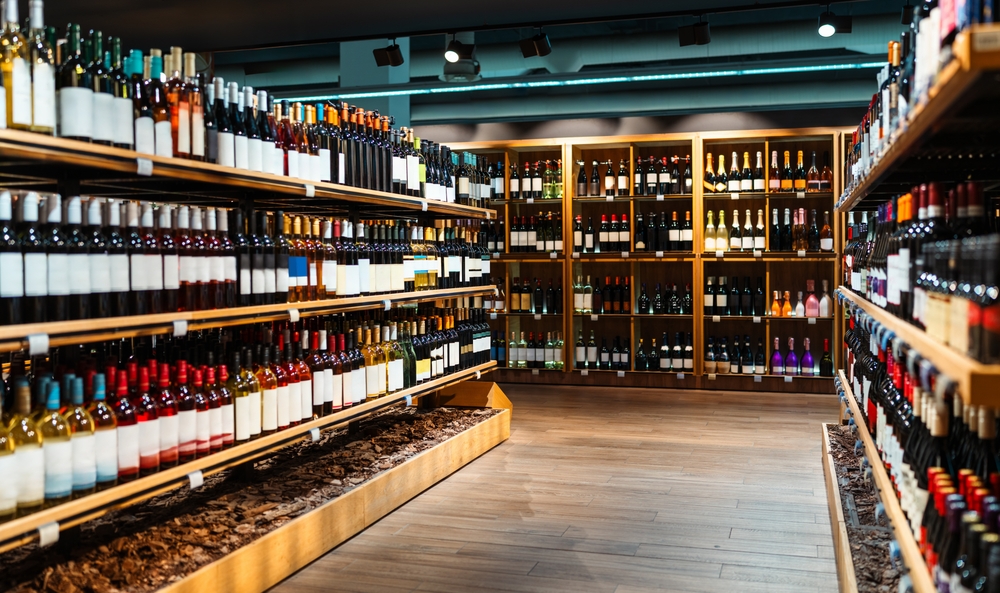Why Liquor License Insurance Matters
Serving alcohol can open your business up to legal exposure. If a customer drinks at your establishment and later causes harm to themselves or others, you could be held legally responsible. This could involve everything from property damage to bodily injury, lawsuits, or medical bills. Without proper liquor liability coverage, even one incident could financially devastate your business.
Many states require proof of liquor liability insurance before granting a liquor license. Others may mandate it if you’re serving at public events, festivals, or weddings. Regardless of legal requirements, investing in this type of protection is a smart business move.
What Liquor License Insurance Covers
Liquor License Insurance is designed to offer financial protection in situations involving alcohol consumption and related incidents. While the exact coverage depends on the policy, most include the following:
1. Third-Party Bodily Injury
If a patron drinks at your establishment and later causes an accident, your insurance can help cover medical costs and legal fees if you’re sued.
2. Property Damage
Alcohol-related behavior can sometimes lead to property damage—either at your place of business or elsewhere. Liquor liability coverage can protect you from being held responsible for these damages.
3. Legal Defense Costs
If a customer sues your business, your policy may cover the cost of hiring attorneys, court fees, settlements, or judgments.
4. Assault and Battery
Some policies may also cover incidents involving fights or physical altercations on your premises that are tied to alcohol consumption.
Who Needs Liquor License Insurance?
Any business that manufactures, distributes, sells, or serves alcohol should seriously consider this coverage. Common business types include:
Bars and nightclubs
Restaurants and diners
Liquor stores
Breweries and wineries
Event venues
Caterers
Convenience stores
Even if your business serves alcohol occasionally—such as during special events or tastings—having a liquor liability policy in place is essential for managing risk.
The Difference Between General Liability and Liquor Liability
Many business owners mistakenly believe that their general liability insurance will protect them in all situations. However, most standard general liability policies exclude alcohol-related claims. That’s where Liquor License Insurance steps in.
Liquor liability is a separate, specialized policy designed specifically to cover alcohol-related incidents. Without it, your business remains vulnerable to claims that won’t be covered under standard insurance.
How to Get the Right Liquor Liability Coverage
When shopping for Liquor License Insurance, there are several key factors to consider:
1. Your Business Type and Risk Profile
Bars and nightclubs typically face higher risks than a small café that serves occasional wine. Premiums are usually based on your type of business, location, and alcohol sales volume.
2. State Regulations
Some states have strict minimum coverage requirements, while others are more flexible. Working with an insurance provider familiar with your state’s alcohol licensing laws ensures you remain compliant.
3. Bundled Policies
If you also need general liability, property insurance, or workers’ compensation, many insurers offer bundled packages. This can reduce costs and streamline coverage.
4. Policy Limits
Make sure your liquor liability policy provides sufficient limits to cover potential legal expenses and damages. Being underinsured can be just as harmful as having no insurance at all.
How Much Does Liquor License Insurance Cost?
Premiums can vary widely depending on the nature of your business, annual alcohol sales, location, and claim history. For example:
A small café serving wine may pay $400–$600 per year.
A busy bar or nightclub may pay $2,000–$6,000 per year or more, depending on exposure and coverage limits.
While it may seem like a significant expense, the cost of not having adequate coverage can be exponentially higher. One lawsuit can lead to hundreds of thousands in damages, legal fees, and even bankruptcy.
Choosing the Right Insurance Provider
When selecting an insurance provider for your liquor license insurance, look for:
Industry Experience: Choose a company that understands the hospitality and alcohol service industries.
Customizable Policies: No two businesses are the same—your insurance should reflect that.
Responsive Claims Handling: In the event of an incident, quick and supportive claims processing is vital.
Competitive Pricing: Look for balance between affordability and robust coverage.
Final Thoughts
Liquor License Insurance isn’t just a regulatory requirement—it’s a vital safety net for your business. Whether you run a small neighborhood pub or a large event space, protecting your livelihood from alcohol-related liability should be a top priority.
Investing in the right liquor liability policy ensures that your business is not only legally compliant but also safeguarded against the unexpected. It’s peace of mind for you, your staff, and your patrons.
Get a quote today and secure your business the protection it deserves.







